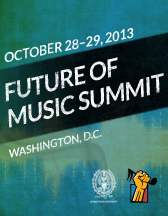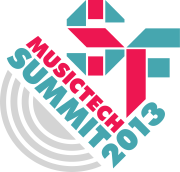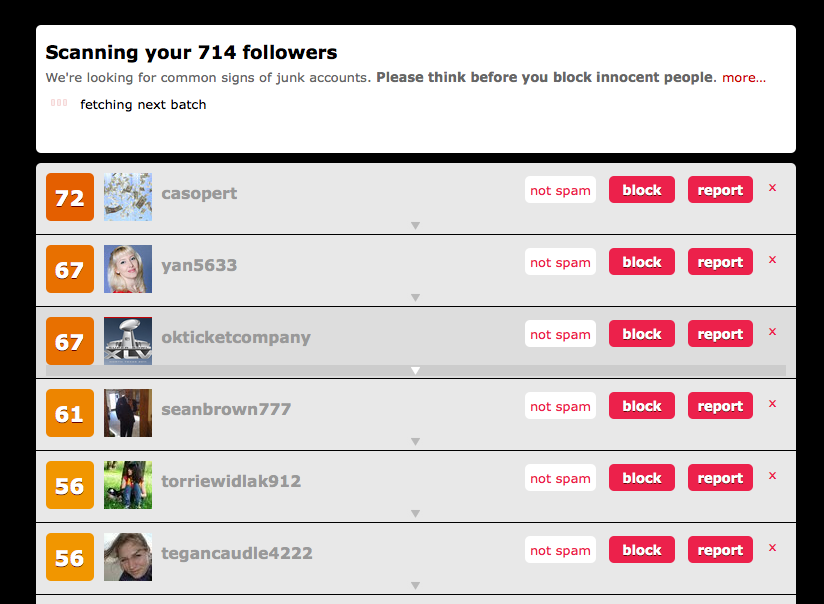I’ve participated, either in person or online, in several music industry events in the past two years. The speakers and panelists have opined on the sorry state of the industry and the plight of independent muscians, and have pointed a forest of fingers:
- It’s the labels’ fault
- Technology (Napster) killed the music industry
- Music piracy is the problem
- Now that everyone can buy ProTools and become a musician, there’s just too much free [not always good] music
- It’s just too hard to find good music, so making music discovery easier for consumers is the answer
- Streaming is the future of music distribution, and Spotify and Pandora don’t pay artists enough
- It’s the fault of radio for being corrupt and paying artists even less
- Apple killed the music industry by unbundling the single from the album via iTunes
- YouTube killed the music industry by elevating sensationalism over quality of music (and artists don’t make much money from it)
- Archaic copyright laws are to blame
- Fans don’t really want variety and quality of music, they are content with Psy and Justin Bieber
- The only way musicians can make money now is by aligning with big brands
- And let’s not forget: Google is evil
It’s all true, to varying degrees, and many people with a lot more experience and knowledge about the business than me are working on addressing these issues.
Yet progress seems slow.
Not a day goes by that I do not read somewhere that being a musician today is both a liberating yet increasingly confusing, disheartening, and economically untenable profession.
In a perfect world, the Direct-To-Fan model eliminates the gatekeepers and creates a music meritocracy, where good music rises to the top and those artists are financially rewarded. Yet that has not happened.
Some would say it always has been so for the 99%, change is good, and this is a brave new world of opportunity for those musicians who can navigate it. Yet we musicians seem an increasingly desperate bunch. It’s not a question of talent or hard work or who you know. Some feel that it is different now, that music is a more irrational business than it has ever been.
Music Metadata
Maybe it’s because I’m an outsider, or naive, but it seems obvious that the solution to a problem created by technology is, yes, a technical solution. Bear with me for a minute.



